Powered by Coverage.com (NPN: 19966249)
Coverage.com, LLC is a licensed insurance producer (NPN: 19966249). Coverage.com services are only available in states where it is licensed. Coverage.com may not offer insurance coverage in all states or scenarios. All insurance products are governed by the terms in the applicable insurance policy, and all related decisions (such as approval for coverage, premiums, commissions and fees) and policy obligations are the sole responsibility of the underwriting insurer. The information on this site does not modify any insurance policy terms in any way.
Car insurance for Lexus
Powered by Coverage.com (NPN: 19966249)
Coverage.com, LLC is a licensed insurance producer (NPN: 19966249). Coverage.com services are only available in states where it is licensed. Coverage.com may not offer insurance coverage in all states or scenarios. All insurance products are governed by the terms in the applicable insurance policy, and all related decisions (such as approval for coverage, premiums, commissions and fees) and policy obligations are the sole responsibility of the underwriting insurer. The information on this site does not modify any insurance policy terms in any way.
How much does it cost to insure a Lexus?
Lexus car insurance costs depend on the exact specifications of your Lexus model, from the type of car you drive to its trim level, optional packages, engine type and more. Your personal risk factors, such as your location, driving record and claims history, also play a role in determining the cost to insure your Lexus.
In this article, Bankrate's insurance editorial team analyzed average premium data from Quadrant Information Services to find the average cost of auto insurance for six leading Lexus models.
Car insurance for Lexus: By model
Lexus IS 300

insurance premium
insurance premium
Compact and classy, the IS sedan is the smallest car in Lexus's 2025 lineup, starting at just $41,830 MSRP. IS 300 models keep things simple with a choice between four-cylinder and V6 engines and four optional packages.
Lexus IS 350
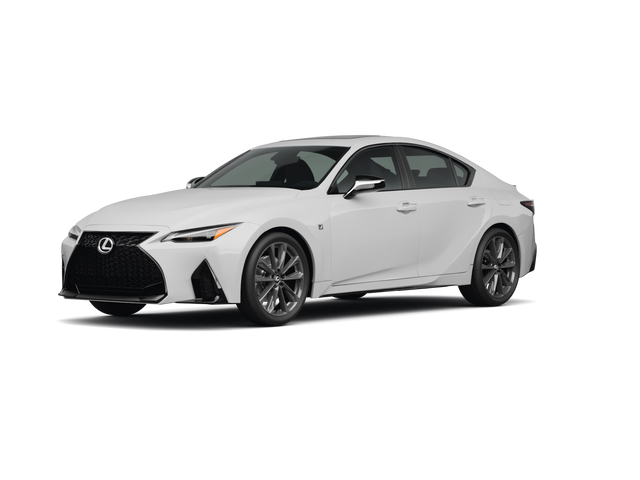
insurance premium
insurance premium
A step up from the IS 300 in power, though at the same size, is the Lexus IS 350 which upgrades to a gutsier V6 engine and offers an optional F Sport Dynamic Handling package. 2025 models start at $45,155 MSRP.
Lexus ES 350
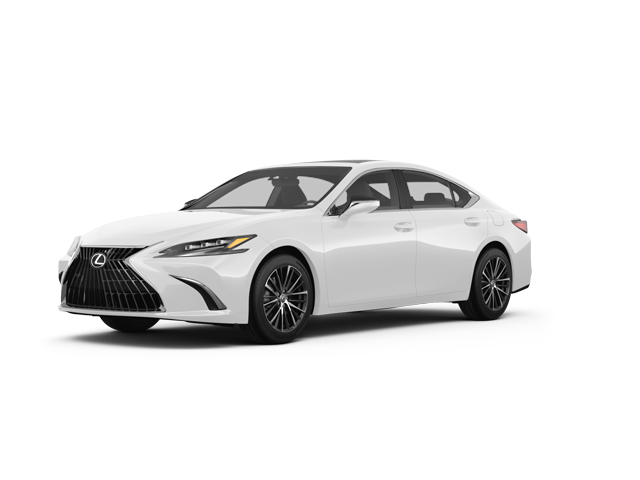
insurance premium
insurance premium
Equipped with a standard V6 engine, the Lexus ES 350 is the more powerful version of the midsize ES sedan, combining luxury with a smooth, assured ride. For 2025 models, MSRP starts at $43,435.
Lexus NX 250
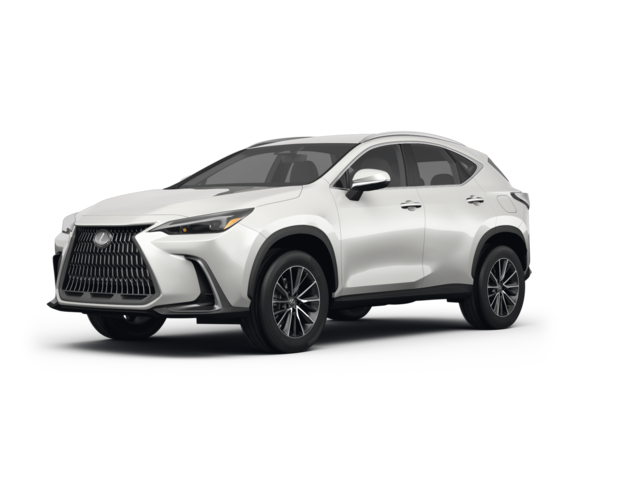
insurance premium
insurance premium
Sitting between the subcompact UX and midsize RX in the Lexus SUV lineup, the Lexus NX 250 is the quintessential compact luxury crossover. With a robust suite of safety tech and a generous lineup of optional upgrades, the NX 250 starts at $42,260 MSRP for the 2025 model year.
Lexus RX 350
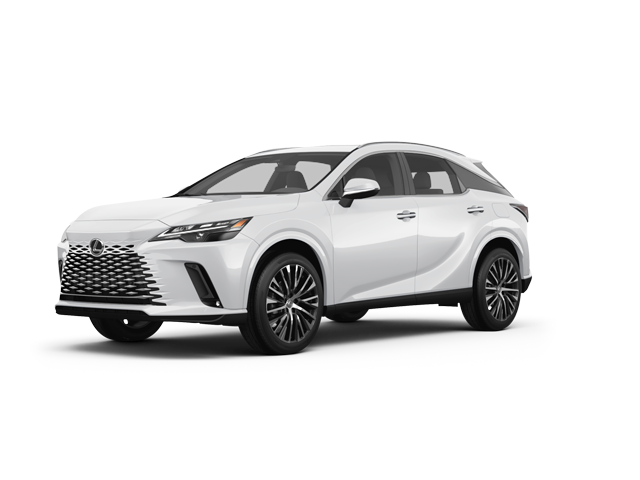
insurance premium
insurance premium
Roomier than the NX, the five-seat RX 350 SUV embodies Lexus's unique blend of practicality and upscale comfort, even in its base trim. Base models start at $50,575 MSRP for the 2025 model year.
Lexus RC F
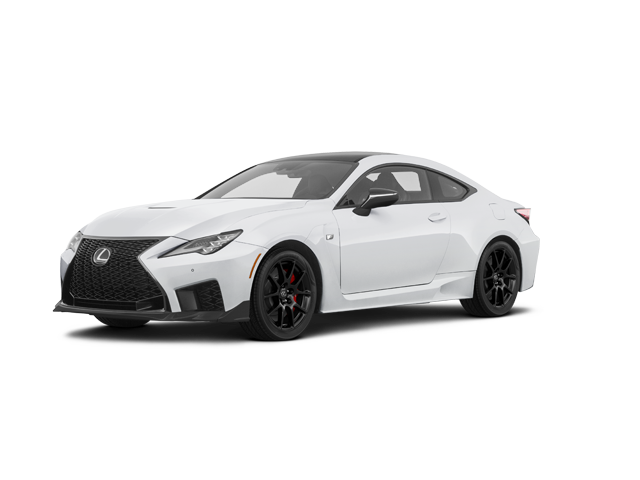
insurance premium
insurance premium
While most of Lexus's lineup sticks to more staid and family-friendly offerings, the RC 300 F sport coupe pulls out all the stops for a truly luxe, performance-oriented ride. RC F models start at $51,535 for 2025.
Lexus features that impact insurance costs
While Lexus is a luxury automaker, its vehicles tend to have more affordable insurance costs compared to other luxury vehicles. A few key factors may help to explain Lexus's insurance rates:
- Moderate luxury pricing: Lexus vehicles fall near the more affordable end of the luxury market, with many models starting around $10,000 ahead of their mass-market Toyota cousins. As a result, Lexus cars tend to have higher insurance premiums, but not to the same degree as some pricier high-end vehicles.
- Safety features: Most Lexus models come equipped with a competitive suite of standard driver assistance technology, including forward collision mitigation, lane-keeping assistance, blind-spot warnings and adaptive cruise control. While these tech features can add to the cost of claims, they're also proven to reduce both the risk and severity of accidents, helping you to avoid claim-related rate hikes.
- Performance engineering: Lexus' engineering approach puts a greater emphasis on practicality, reliability and value than on high performance capabilities. Lexus models that lean sportier, like the RC coupe or the RX 500h, may have higher insurance premiums to offset the risk associated with performance vehicles.
- Hybrid technology: Most of Lexus's popular models are available with either traditional gas-powered or hybrid powertrains. While the cost gap between gas and hybrid is shrinking, vehicles with hybrid or battery-powered components can cost more to repair, leading to higher insurance costs for Lexus owners opting to go green.
Other car insurance coverage for Lexus
The average rates shown in this article reflect the cost of a basic full coverage policy with certain limits, deductibles and additional coverage selected. Your own insurance needs, however, might not match our default profile. Consider the following types of coverage when purchasing car insurance for a Lexus:
- High liability limits: If you own a Lexus, you've likely got significant assets to protect. The liability portion of your car insurance policy should be enough to cover those assets if you're found responsible for a crash. The good news: raising your limits is typically quite affordable.
- Comprehensive and collision coverage: Even if you don't have an auto loan or lease requiring you to maintain this optional full coverage, it's worth considering unless you're comfortable with the potential cost of replacing your Lexus out-of-pocket.
- Uninsured/underinsured motorist coverage: With the number of uninsured drivers in the country rising, it's worth including this coverage on your policy in most areas of the U.S.
- Gap insurance or new car replacement: If you bought your Lexus new, you may want to protect your investment by adding an endorsement to your policy to either cover the difference between your insurance payout and your remaining loan balance or help you replace the car if it's totaled or stolen shortly after purchase.
Factors that impact insurance costs
Customers with clean driving records typically see the lowest car insurance rates because carriers see them as lower risk. Infractions like speeding tickets, accidents, DUIs and insurance lapses will usually affect your car insurance for three to five years, depending on the severity. Drivers with multiple infractions may need to seek coverage from carriers that specialize in high-risk coverage.
Young drivers and men typically pay more for car insurance since they're statistically more likely to engage in risky driving behaviors, but age is generally more impactful than gender in setting rates. Age is not a permitted auto rating factor in HI or MA, but carriers in MA are allowed to consider how long you've been licensed. Gender is not permitted as an auto rating factor in those two states plus CA, MI, NC and PA.
Your state, city and even ZIP code can influence your cost of car insurance. State minimum coverage laws impact coverage costs, as does cost of living, traffic density, uninsured motorist rates, weather patterns, crime trends, insurance fraud prevalence and more.
Unless you live in California, Hawaii or Massachusetts, your credit history will impact your car insurance rates. Carriers use a metric called the "credit-based insurance score" to calculate your premium. Drivers with poor credit history are considered more likely to file claims and typically see higher rates as a result.
Frequently asked questions
Methodology
Bankrate utilizes Quadrant Information Services to analyze September 2025 rates for all ZIP codes and carriers in all 50 states and Washington, D.C. Rates are weighted based on the population density in each geographic region. Quoted rates for our base profile are based on the following characteristics and full coverage limits with bundling and paperless billing discounts applied:

Bodily injury liability
$100,000 per person$300,000 per accident
Property damage liability
$50,000 per accidentPersonal injury protection
$100,000 per accidentUninsured motorist bodily injury
$100,000 per person$300,000 per accident
Collision deductible
$500Comprehensive deductible
$500To determine minimum coverage limits, Bankrate used minimum coverage that meets each state’s requirements. These are sample rates and should only be used for comparative purposes. Your quotes will differ.
If otherwise specified, the base profile has been modified with the following driver characteristics:
